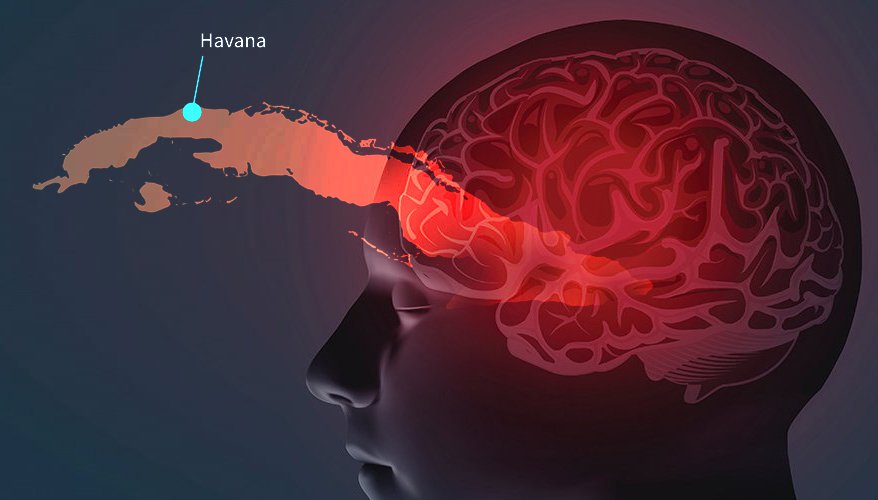Already a subscriber? Make sure to log into your account before viewing this content. You can access your account by hitting the “login” button on the top right corner. Still unable to see the content after signing in? Make sure your card on file is up-to-date.
A recent investigation by US government researchers has revealed no substantial evidence of brain injury in federal employees who reported symptoms associated with “Havana syndrome.”
This syndrome first came to light in 2016 when US embassy staff in Havana, Cuba, began experiencing unusual health symptoms. The study, led by the National Institutes of Health (NIH), compared the health of 86 federal employees and their families who reported such incidents with a group of healthy volunteers of similar professional backgrounds.

The symptoms described by those affected include hearing disturbances, head pressure, headaches, migraines, dizziness, and memory lapses. Dr. Leighton Chan, acting chief scientific officer at the NIH Clinical Center and lead author of the study, emphasized, “These individuals have symptoms that are real, distressing and very difficult to treat.” Participants in the study, who were stationed in various locations including Cuba, China, Vienna, and the United States, underwent extensive testing, including MRI scans, without significant findings linking their symptoms to brain changes.
The NIH’s findings, which span from 2018 to 2022, differ from a 2019 University of Pennsylvania study showing subtle brain changes in affected individuals. Dr. Chan highlighted the strict methods and closely matched control group used in the NIH study but noted it doesn’t completely exclude external factors as the cause of symptoms. An editorial by Dr. David Relman suggested some symptoms could have been attributed to exposure to radiofrequency energy, advocating for improved surveillance across US agencies.

Despite the lack of significant brain injury, the NIH study did find that over a quarter of those reporting symptoms developed a condition known as persistent postural-perceptual dizziness, along with increased symptoms of fatigue, stress, and depression.
Last year, US intelligence agencies deemed it “very unlikely” that a foreign adversary was behind the Havana syndrome, attributing the symptoms to various factors, including environmental ones, a viewpoint NIH’s Chan acknowledged aligns with their findings.
Following the report’s release, the US State Department confirmed it was reviewing the NIH report. In a statement, the State Department said, “The Secretary remains resolute in ensuring that the Department does everything possible to ensure employees and family members who report an AHI are treated with respect and compassion and receive timely access to medical care and all benefits to which they are entitled.”






